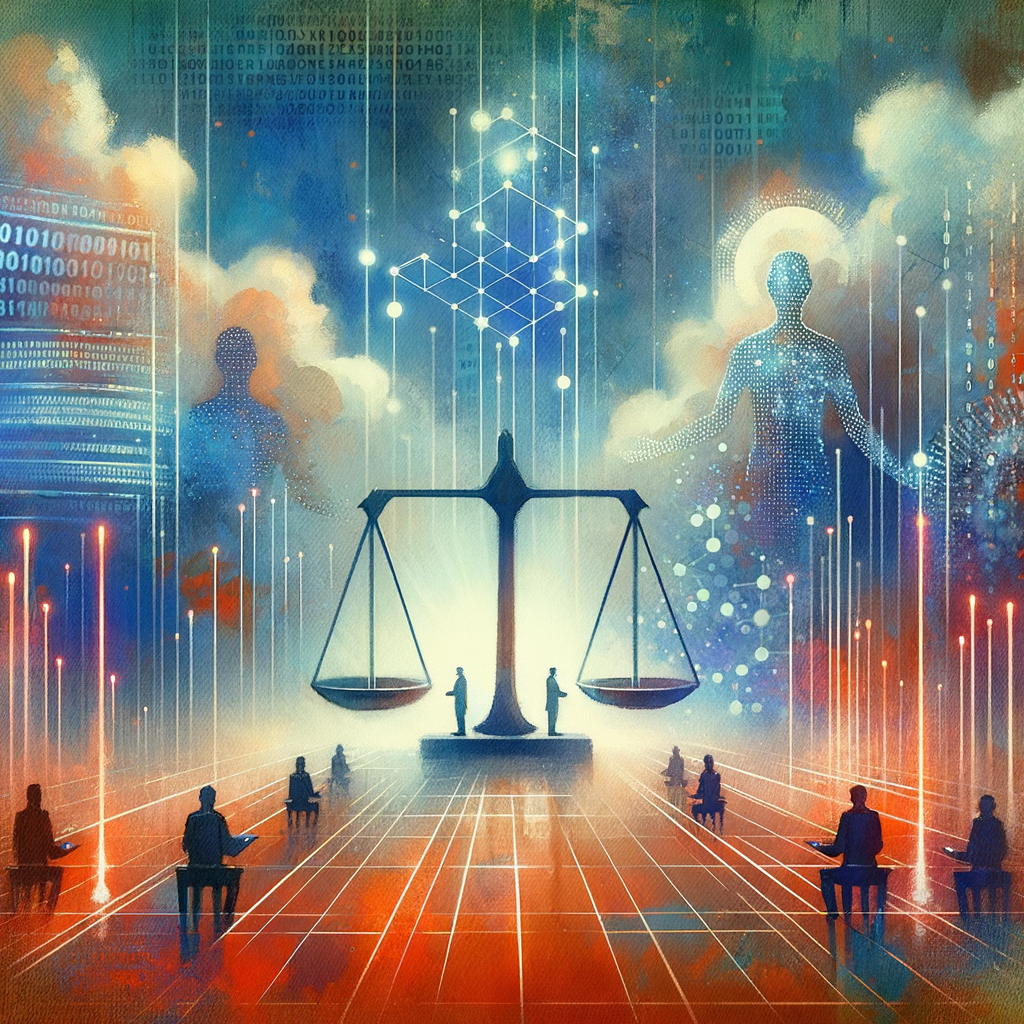The Battle of Narratives: Coffeezilla vs. Logan Paul
In the ever-evolving landscape of cryptocurrency and NFTs, the clash between popular YouTuber Logan Paul vs Coffeezilla, the internet sleuth Stephen Findeisen, has captured significant attention. The dispute centres around allegations of defamation linked to Paul’s NFT project, CryptoZoo, which has spiralled into a broader discussion about accountability and ethics within the NFT space.
Unpacking the Lawsuit
On July 27, Logan Paul took legal action against Coffeezilla, accusing him of defamation due to his critical coverage of Paul’s NFT venture, CryptoZoo. The lawsuit claims that Coffeezilla’s videos contained false accusations, branding the project as a scam. This legal move by Paul has sparked a debate on the freedom of speech versus the spread of misinformation online.
However, Coffeezilla responded assertively, stating that his critique was not just about the initial videos but also about subsequent content where he advocated for refunds for users affected by the project. He argues that the lawsuit lacks a solid foundation, as it fails to demonstrate how Paul suffered any tangible financial loss or reputational damage from the videos, especially considering the prior controversies surrounding Paul.
The Refund Controversy
Adding another layer to the controversy, Logan Paul announced a $2.3 million buyback program on January 4, promising to repurchase CryptoZoo NFTs at their original price. However, Coffeezilla highlighted a catch in the offer: participants in the buyback would have to waive any claims against Paul, which raised questions about the sincerity of the refund initiative.
Coffeezilla pointed out that this refund process might not fully compensate users, especially those who invested in Zoo tokens, suggesting that the gesture was more about mitigating legal risks than making investors whole.
Broader Implications
The legal skirmish between Paul and Coffeezilla is not just a personal battle but reflects wider issues in the NFT market, where transparency, investor protection, and ethical practices are increasingly under scrutiny. Coffeezilla’s investigations into other projects associated with Paul, like the Liquid Marketplace, which was recently flagged by the Ontario Securities Commission as a “multi-layered fraud,” underscore the need for vigilant oversight in the rapidly growing digital assets space.
This case also highlights the role of influencers in shaping investment landscapes and the potential consequences of their endorsements. As digital marketplaces continue to evolve, the influence of celebrity endorsements and the accountability mechanisms in place to protect consumers will likely become hot topics of regulatory and public interest.
Looking Ahead
As the legal proceedings unfold, the outcome of this lawsuit could set important precedents for how defamation claims are treated in the context of public criticism and investigative content related to cryptocurrency projects. It also puts a spotlight on the responsibilities of content creators and influencers in the digital finance arena.
For more insights into the challenges and opportunities in blockchain and digital assets, consider exploring blockchain recruitment strategies or delving into the complexities of web3 recruitment.
Moreover, understanding the intricacies of these digital ventures can be crucial for navigating the web3 space effectively. For those interested in further information, reading about the role of AI in web3 recruitment can provide additional context on how technology is reshaping talent acquisition in this innovative sector.




